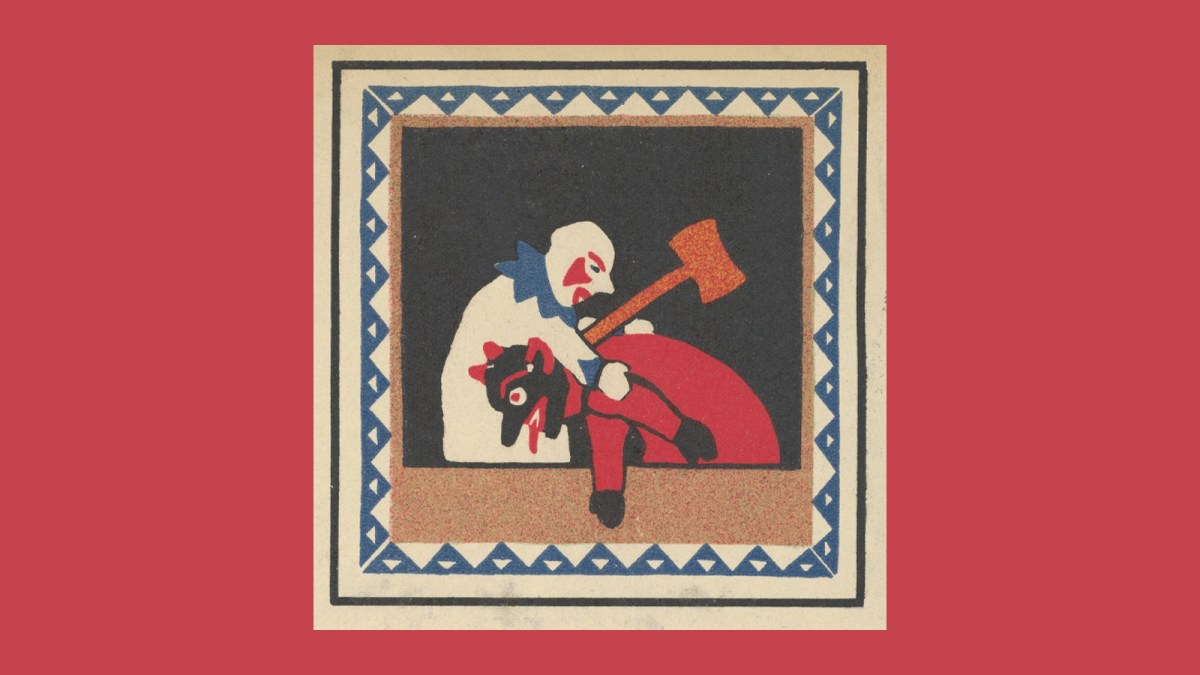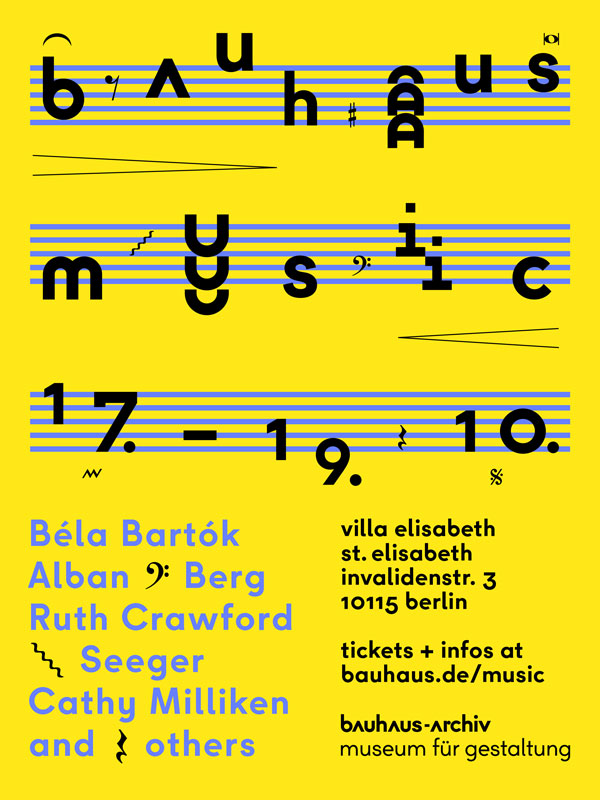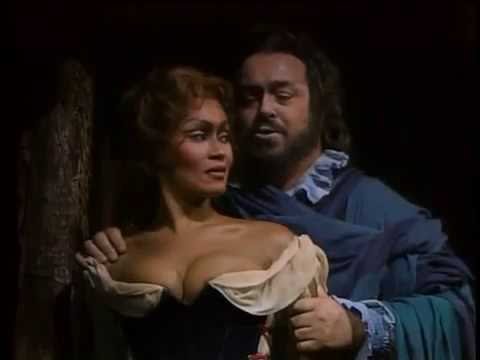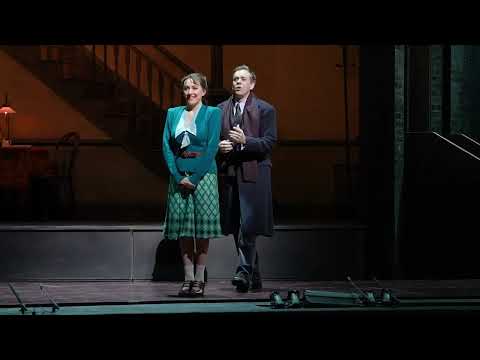ACT I
He’d never been to the opera, and I’d never been to the opera alone. Actually, I had never been to the opera without my father, and I was pretending to still be in love with my boyfriend even though I knew that I wasn’t, so I took him as my date. We’d almost broken up, taken a break, ended the break, broken up, and gotten back together within the span of two months, our ups-and-downs near-Verdian in their melodrama. The opera was “Rigoletto.” At the Met, Bartlett Sher’s production, set in the Weimar Republic, starred Quinn Kelsey and Rosa Feola, who sang their father-daughter duets against an Art Deco backdrop.
Feola’s Gilda was supple, pierced with glass, Benjamin Bernheim’s Duke of Mantua properly slick, the duets affecting, the tall ’20s sets pleasing. Only, my then-boyfriend sniffled through the entire thing. He would not stop sniffling, and he didn’t even seem embarrassed about his sniffling, it was as though he didn’t know one was meant to be as quiet as possible at the opera, because no one wants to hear some guy sniffling while they are trying to listen to Gilda fall foolishly in love for the first time. I mean, honestly. (When I was little I gave my dad these beautiful passion-fruit–flavored lozenges in this pretty gold tin, for use at the opera, in case his throat got dry, which happens sometimes, and no one wants to be the person coughing uncontrollably at the opera or for that matter even clearing their throat too frequently or with too much force. For a while he saved them just for that, and when we went together he’d offer me one and I would carefully take the little purple gem from the tin as quietly as possible, because even a rustle of lozenges seemed too loud.)
After “Rigoletto” my now-ex and I went to our local bar where we’d met. It was a crowded-ish Friday and it is a dive bar and one thing I get a kick out of is to go to my local bar before or after some fancy event for which I am all dressed up, like I’m the Duke and the bar is my court. We sat on the stools by the taps and I spotted some friends and waved at them with a big grin, giddy from the Verdi, and they waved back. One of them is my boyfriend now, isn’t that funny? Isn’t life funny like that? Aren’t women just the ficklest things?
The latest from VAN, delivered straight to your inbox
ACT II
A few months ago, out of nowhere and for no particular reason, I had a sudden urge to listen to “Rigoletto.” I’m not sure why; I hadn’t thought much about it in the year since I saw it at the Met. It’s possible I was thinking about Pavarotti, whom I think about every so often. Probably I’ve loved Pavarotti before I started remembering things. I was two years old when my parents took me to his free concert in Central Park, when he sang “Quando le sere al placido” et al. to a crowd of 500,000 on the Great Lawn, but I swear I remember swaying my feet in front of me in the purple dark on the swings next to the pull-up bars, right by the pinetum. And often when my mom would cook a big dinner she’d put on Pavarotti’s “Favorite Neapolitan Songs” and so the great tenor’s “O sole mio” and “Funiculì, Funiculà” are bound in my mind to the smell of my mother’s wooden spoon stirring garlic and thyme and extra-virgin olive oil in the blue cast-iron, and the Modigliani poster and the red-framed mirror in which I used to stare at myself while I cried after some silly histrionic fight. So it is likely that an urge to listen to Pavarotti resulted in listening to the 1973 recording of “Rigoletto,” the London Symphony Orchestra conducted by Richard Bonynge with Pavarotti, Joan Sutherland, and Sherrill Milnes as the triangular leads. I do not exaggerate when I say that since I put this recording of “Rigoletto” on, “Rigoletto” has been the only thing I’ve listened to.
In George Whitney Martin’s 2011 book Verdi in America, he quotes an Albion critic who in 1855 enthused, “We freely confess that we had not heard enough of Rigoletto in three nights, and we are sure that we are uttering the sentiments of many who have seen it more than once.” I have not yet seen “Rigoletto” more than once, but I have found myself opting for the LSO recording at least once a day—in the shower, on the subway, at the grocery store. At any odd moment one piece or another plays in my head. Even in the cab home from seeing “La Forza del Destino” (a show riddled with its own curses, both in plot and performance; the superstitions surrounding it prevented Pavarotti from ever playing Don Carlo), I hummed “Bella figlia” to myself. The Duke’s ravishing “È il sol dell’anima” flutters into my head unprompted. It seems fitting that obsession would beget obsession. For a while it was the father-daughter duet in Act I, when Rigoletto begs Giovanna to keep Gilda safe, his che a te puro confidai—entrusted, pure, to your keeping—Milnes’s lush, pleading stress on confidai that had me hooked. Now, it’s all of “Povero Rigoletto,” the jester’s La ra la ra that is on repeat, his resentful questa notte, the pained ironic bitterness of Ah, fu il bel colpo!—a fine trick!
Poor Rigoletto, our tragic fool. He stepped in it, he did, and right off that cliff, attention paid not to the dog at his heel. It is difficult—impossible, perhaps—to make sense of, or even see, what is going on in one’s life at the moment it is going on, where the threads are leading. You might think one thing is a sign and it’s a trap; you might see a sign and not know it was a sign until after you’d already followed the direction in which it was blinking. “The four magic symbols, the wand, the cup, the sword and the pentacle. The fool always carries them with him, but he does not understand what they mean,” wrote Russian esotericist P. D. Ouspensky in his book on tarot. “Do you not see that is you, yourself?” You might think everything is a sign and there are no signs at all! Is a sniffle a sign? It depends on how you read the card.
There’s been a meme going around for the past year or so, derived from a Wikipedia entry on “Jester’s privilege” explaining that a jester had the excuse of being a jester in speaking truth to power, and wore a cap and bells and carried a scepter to signify the right to irreverence. “Ask Rigoletto how this went,” is the comment on one of many re-posts. The implication is that this does not work. It’s understandable that in our current sociopolitical dynamic a shaking of fists and outraged words are reasonable, that it would be cool to be a jester because you could say whatever you wanted to whoever. I’ve been seeing Jan Matejko’s painting “Stańczyk” all over the internet. I wonder if it’s a desire to speak without consequence, or an understanding of the jester’s paradoxical situation, that it signifies a feeling of power that is ultimately powerlessness. Jesters crossed class lines in a singular way, they were both insiders and outsiders. They were in a perpetual state of precarity. They had license to criticize and outright ridicule the very person they served but it was always possible to take it just a smidge too far. The fool can be the critic of the world, so long as they stay commentating from the sidelines. Look how the Duke struts away unharmed. When “Rigoletto” premiered many were upset that the cocky villain exited Act III scot-free (unlike Don Giovanni, dragged to Hell, at the last moment, for his perfidy). And yet that is the way it is. And it’s why Rigoletto’s anguish is the most acute. He is the only one who tries actively to rectify inequity, his fury ultimately inadequate.
Barbara Barry noted in her 2012 essay “’Where’s my Fool?’: ‘Lear’ Motifs in ‘Rigoletto’” that “the curse does not affect [the Duke] because he has only the shallowest feelings and, in any case, he is immune from accepting responsibility for his actions because of his wealth and power.” Monterone cursed the Duke, too, and he was fine! He simply went about his business getting all the women of Mantua to fall in love with him in the span of a song, giving ne’er a second thought to Gilda or Maddalena, didn’t even notice when his life was barely spared by chance and disguise and the tragically naive adoration of one poor girl. Can one be cursed if they don’t put stock in curses? It’s the overthinking that did Rigoletto in. That he tried too hard to circumvent his ill fortune—blaming on the curse the cards he’d already been dealt—and in the process ruining everything—although, maybe his fate was already sealed. I suppose it’s not really a question of whether Rigoletto could have done anything differently. “It is in the nature of jesters to speak their minds when the mood takes them, regardless of the consequences,” writes Beatrice K. Otto in Fools Are Everywhere—their nature, as in, the cards dealt. Do we choose or is it chosen? It hardly matters.
Though Jonathan Miller found inspiration for his 1989 “Rigoletto” in a quip from “Some Like It Hot” (“Dat’s right, we was at Rigoletto’s”)—itself to do with the comedy of identity and love and the shattering of societal roles—the casino-mafioso setting fits the opera’s obsession with chance. In the front room at La Fenice, where “Rigoletto” premiered, there was, as in many theaters at the time, a casino. As Rigoletto grappled with the consequences of his barbed role and attempted to control his daughter, patrons threw their own dice, gambled on their own lot. In a way, Rigoletto is gambling his poor lot all the time—we don’t see him much before his line-crossing, but given the courtiers’ derision we can assume he’s uttered similar thorns in the past, that he tends to get carried away; that he’s not a particularly wise fool, or a pure fool like Parsifal, or even a comic fool, like Falstaff. We can surmise that Rigoletto is typically pretty mean, and on the whole disliked, and to lean into mockery, for the Duke’s amusement or not, is to put himself at risk, whether he’s aware of this or not. As the jester’s role straddled social strata, so “Rigoletto” hangs between agency and randomness. At the end of Act II, in Miller’s version, instead of “Sì, Vendetta, tremenda vendetta,” Rigoletto cries, “Give me a chance, I’ll surely get you.”
ACT III
Over the past several months, an assortment of misfortunes have tumbled through my life. Nothing too crazy or calamitous—I’ve seen worse, I’ll tell you that. My grandmother, my opera-loving grandmother, for instance, passed not a year ago, and no recent event has come close, knock on wood. Still, it hasn’t been too delightful. First, in December, three weeks of viciously loud construction, the city tearing up the street right outside my bedroom, every morning before 7 a.m., so discordant and penetrating as to disrupt both my sleep and work patterns and drive me to the brink of insanity. One day, during this cacophony, I found my internet had gone out; when Glenn the Verizon guy came over the next morning he pointed out my window at a cable tied in a knot. “There’s your problem,” he said, and after construction was done for the day two more men arrived with a cherry picker. “I’ve never had a cherry picker sent just for me,” I told one of the men, trying to squeeze some amusement out of the inconvenience that seemed so pointed: just for me. It’ll end soon, I reassured myself, wearing the yellow children’s noise muffs purchased outside the Hot Wheels Monster Truck show at Barclays. And it did: they fixed the sewage pipe and moved on, right after Christmas. Then the night before New Year’s Eve, I puked my guts out, violently, and laid awake for hours with monstrous menstrual cramps. That very week a chronic condition flared up in a particularly nasty way and I was all but confined to my apartment for 12 days. About five days into amelioration my mother tripped and fell and shattered a bone in her wrist. She’s always been accident-prone, and my parents live a subway trip away, so no problem: I went up and cooked and cleaned while listening to—what else?—“Rigoletto.” Another week later my mom had her surgery, it went well, my dad picked her up from the hospital. Out for drinks with a friend, I got a call: My parents, laughing hysterically, because my father fell, too, tripped over a funky piece of sidewalk on his way to the pharmacy for my mother’s meds. “You have got to be kidding me,” I said, and they laughed some more. They’re OK, really, and I’m not complaining, I swear, but damn. Throw in various other minor nuisances and the fact that another round of construction, right outside my bedroom, began last week, and, well, can you blame me for tossing around the idea that I’ve been cursed?
My mother says we’re just getting our bad luck for the year over with and out of the way. She says, “Look how lucky we are to have each other,” and she’s certainly right about that. There are far, far worse things happening to people who are not us and actually it’s quite self-centered to think the universe might be testing me; how could I even entertain this notion when all chalked up it’s just a few scratches, a black eye, and some noise? Still, the thought nags. It occurred to me briefly that it might be all the “Rigoletto” I’ve been listening to. Perhaps I should stop listening to “Rigoletto,” I thought, perhaps I’ve cursed myself by listening to so much maledizione music. Our eponymous jester crossed the line with Count Monterone—I can be blunt, borderline rude at times; did I go too far, offend the wrong person? I’ve also broken some hearts, though not in such a Duke-like manner. I said before that sometimes I act the Duke but it is more that people tend to fall for me quite quickly and this can be amusing but it is not that I think they are all the same or that fidelity is tyrannical. Still, I thought, maybe they’re off somewhere wishing lightning strikes on me.
When my grandmother was dying, a few months after I saw “Rigoletto,” I went to visit her. My grandmother had a thing about names, and throughout the days of our goodbye she was particularly concerned with whether I had taken on certain characteristics of her mother, my namesake, that I’d inherited more than a love of Verdi (“La Forza del Destino” was her favorite). Of most worry was her sharp tongue. “Do you have a sharp tongue?” she asked me. “No,” I answered. “Well, only when warranted.” This was a lie. I didn’t want her to stress about the kinds of situations I might get myself into with the sharp tongue I inherited—like the schism my great-grandmother apparently caused in the family with hers. My grandmother seemed anxious about it, like she was pleading, Rigoletto-style, for me to keep myself safe from an unintended consequence of me being the way that I am in a world that is the way it is. In a Gilda-esque way, I’m defiant—though I am no longer 16, and it’s been a long time since I’ve needlessly given parts of myself away for a feckless man. Maybe I’m focusing too sharply, like Rigoletto, on the curse; we all have a little Duke, a little Gilda, a little Rigoletto in us.
OK—a lot of Rigoletto. ¶
Subscribers keep VAN running!
VAN is proud to be an independent classical music magazine thanks to our subscribers. For just over 10 cents a day, you can enjoy unlimited access to over 875 articles in our archives—and get new ones delivered straight to your inbox each week.
Not ready to commit to a full year?
You can test-drive VAN for one month for the price of a coffee.





